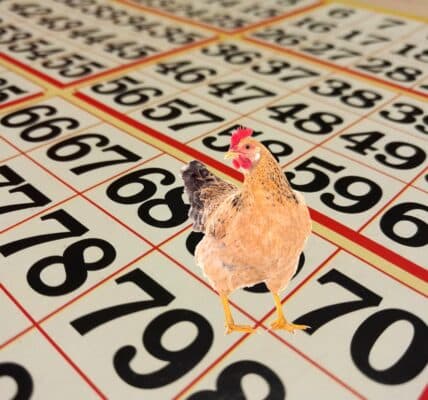The Scourge of Sports

Not long ago, journalist Tim Marcin reminisced in print about the old days when there was “a nearly nationwide ban on sports gambling.” But by 2023, sports gambling had been legalized in 35 of the 50 United States, while half the states allowed some form of online betting. However, fantasy sports were not encumbered by any form of gambling ban at all. Marcin elaborated:
The companies profiting off daily fantasy argued that fantasy sports were based on skill, rather than chance. But as I looked into daily fantasy, I realized that including it in the fantasy sports category was at best, vaguely misleading and, at worst, a total misnomer… It is nearly impossible to find a major sports show that doesn’t have a gambling app as either an advertiser or as its presenting sponsor.
And the advertising material written by those sponsors? What is the single consistent, unvarying theme, repeated persistently, implacably, relentlessly? It is “making the games more interesting… via gambling.” The traditional values attached to sports throughout the millennia — including the age-old admiration for courage, dedication, and all the other shining attributes possessed by athletes — have been shoved aside, supplanted by the cheap thrill of gambling.
Let us travel back in time to 1942, when C. S. Lewis published a significant novel, The Screwtape Letters, (which he dedicated to his close friend, J.R.R. Tolkien, the inventor of hobbits). In the story, an experienced devil (Screwtape) mentors a demon-in-training (his nephew Wormwood) through the process of becoming an expert tempter, capable of corrupting a human soul into pure evil. The human victim is affectionately known as young Wormwood’s “patient.”
Although Lewis did not include this particular vice in his novel, it is easy to extrapolate from his premise, and imagine the boss demon instructing the youth on how humans can be brought low by equal and opposite forces, and it doesn’t really matter which one — as in the case of gambling, where the victim accepts both winning and losing with equanimity. Picture the veteran devil coaching the new kid about how easy it will be to convince his human “patient” that sports competitions are weak sauce, only fit for simple-minded children.
No, the old demon insists. Mere excellence and athletic prowess — no, not even in the Olympics — are not enough to inspire interest and enthusiasm in the true sports fan. This is the sort of thing an actual demon might do, go around telling people they deserve a form of fun even more erratic and unpredictable than the sporting competition itself.
The spokesperson for evil expounds upon this theme. To be truly meaningful, to be worth the cost of time and emotional energy, the sporting competition must be elevated to something more: to the chance for the fan to win or lose money. To be truly worthwhile, sports must embrace enhanced chicanery, including the possibility of losing the mortgage payment or the children’s Christmas money. It must include space for gangsters to thrive, and the opportunity for wicked people to convince previously clean athletes into dirty deeds like throwing fights.
If evil is to become the ruling force for professional athletes and their enormous fan bases, there must be not just sports, but betting on sports. One interesting complication here is that the devoted gambler seems fine with either contingency. Losing is just a thing you do, like breathing oxygen. It simply comes with the territory.
Now let’s return to sports writer Marcin, who wrote…
And you know what? It worked on me. I’d never gambled on sports before, but after listening to ad after ad on my favorite podcasts, I gave in. It’s not something I’ve done often. I’ve placed $5-10 wagers here and there, just to see. But still: I was influenced.
He goes on to assert that gambling is a dangerous hobby, and the corporations behind it use the full power of their considerable expertise and experience to rope as many sports fans as possible into betting. Just for fun, he transcribed an entire FanDuel advertisement into his article, noting that the listening enthusiast is liable to hear several such ads during any sports podcast. And, “This is not something unique to any one show; it’s the industry norm.” Meaning, there is a lot more to know about this topic.
Stay tuned!
Written by Pat Hartman. First published July 25, 2025.
Source:
“Endless gambling ads have become the scourge of sports podcasts,” Mashable.com, April 14, 2023.




